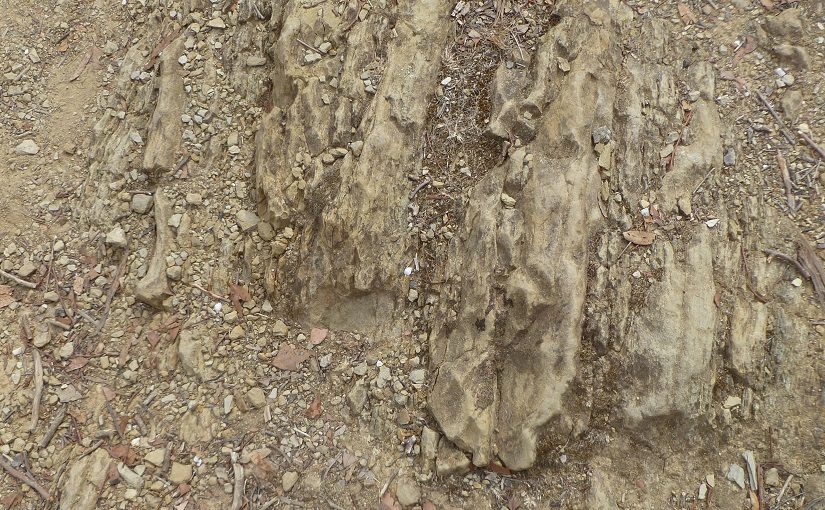Do things just continue on, unless we somehow decide to change them? Everything staying the same until the moment we do differently and alter the flow of events. As if we each have the agency to create change or keep things as they are. Everyone deciding which things they’ll carry forward, which they’ll change, and why.
One path must then be that of passivity, apathy or trust in any wisdom you’ve received: continuing on with whatever you’ve been told in the hope those before us knew what was best. Accepting “the way things are” or “how things are done” as traditions we mustn’t break. Dutifully repeating words and actions in the faith that they’re the right way to go.
Alternatively, there’s the slightly more active stance of questioning, trying to understand, seeking better solutions, “improving” how things are done, and thereby becoming responsible for whatever your intervention sets in motion (Notes One). If we feel things aren’t quite working and mightn’t be leading in the best directions, don’t we have to look with fresh eyes and make our own judgements?
Of course, then there’s always the risk of error, criticism and blame. Doing nothing but what we were told, there’s always the option of saying it wasn’t our fault. But, is that enough? If we exist in the flow of time as intelligent creatures capable of understanding the world and our roles within it, is it enough that we defer to others instead of using our own minds?
It’s perhaps not easy to say. Maybe the things the past and those within it set in motion were wise and we’d be right to follow in their footsteps. How are we to judge the rightness of any course of action? Especially in this fast-moving, interconnected modern world. How can we see how all our choices come together? To judge, we presumably need to understand realities and the significance of our place within them (Notes Two).
We might keep doing the same things, trusting it’ll lead to good outcomes – and maybe it will. But sometimes circumstances change, actions take on new meaning, and doing nothing different might mean something new: going with the flow of an altered environment (Notes Three). Don’t circumstances always change? Within our lives or the world around us, habitual choices can easily become the wrong thing.
What, then, should our involvement be? Are we to be agents of change or its passengers? We might want to be handed “the right answer” – some catch-all solution that’ll work in every situation (Notes Four) – but are there truly such prescriptions to be found? What if nothing’s going to be solved “once and for all” but everything of value needs the constant reinforcement of us reimagining what it means for any given scenario?
Maybe “life” is more a picture of ongoing engagement? The need to always read and respond wisely if we’re to ensure any changes we’re going along with or serving to create are really what we mean to be doing.
Notes and References:
Note 1: Passivity, or responsibility
Note 1: Too much responsibility?
Note 2: The need for discernment
Note 2: Right to question and decide
Note 2: The value of a questioning attitude?
Note 2: Questions around choice
Note 3: One thing leads to another
Note 3: Can we reinvigorate how we’re living?
Note 3: Making adjustments
Note 4: What if solutions aren’t solutions?
Note 4: Doing the right thing, we erase consequences
Note 4: Whether we make a difference

